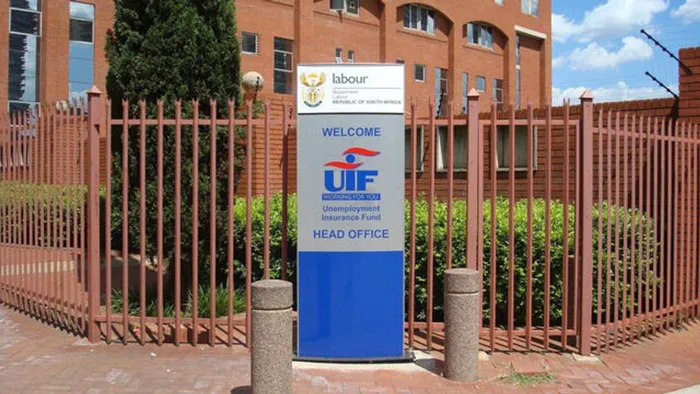R515 million TERS audit sparks outrage among SA companies over alleged mismanagement by Labour Department

The TERS administered by the Unemployment Insurance Fund (UIF), was implemented to assist employers in paying employees who were employed but not working because of the lockdown.
Image: File
Hundreds of companies are up in arms over a “mismanaged” audit process, worth R515 million, launched by the Department of Labour and Employment (DEL) to probe potential theft of benefits provided to workers across South Africa during Covid-19.
The Temporary Employee Relief Scheme (TERS), administered by the Unemployment Insurance Fund (UIF), was implemented to assist employers to pay employees who were employed but not working because of the lockdown.
The TERS program, administered by UIF, paid out R57 billion to 13.4 million workers through 1.1 million companies during the pandemic, according to minutes from a November 2021 Standing Committee on Public Accounts Parliamentary Committee Meeting.
These benefits, research by UNU Wider states, saved at least two million jobs. However, Corruption Watch, summing up various investigations by law enforcement officials, stated in March this year that R351 million was siphoned off during the scheme’s two-year run, with only R229 million recovered. Criminal investigations are set to conclude in December.
Among the fraudulent types of activities already uncovered included the use of fake ID documents, ID documents from dead people, claims for people who were temporarily employed, and benefits being claimed for “former employees, whom the Special Investigating Unit found to have been incarcerated at the time,” said Corruption Watch.
The latest investigation – awarded to 26 private “audit” companies at a cost of R515 million – aims to reclaim more funds but has sparked fury over chaotic execution, privacy breaches, and procedural failures.
The probe, initiated via tender UIF6/2023 published in February 2024, saw firms appointed in July last year. Seven months later, companies who had facilitated TERS benefits were abruptly ordered to submit 18 pieces of sensitive documentation – including employees’ bank statements, and ID numbers – within three days.
“The sheer scale of this bureaucratic nightmare has left businesses scrambling to meet impossible deadlines, with intimidation tactics now seemingly standard practice,” the National Employers’ Association of South Africa (NEASA) said in a March statement. It said that the “unrealistic audit requests [are] followed almost immediately by threats of severe consequences for those who hesitate to comply”.
Within a week of the audit’s launch, NEASA received over 350 complaints from employers.
Sanja Botha, Policy Advisor at NEASA, told IOL that, since auditors sent the requests for information “we've seen a continuous influx of complaints and queries via email and telephone. The number of businesses being subjected to these audits is staggering and could be in the thousands.”
She added: “The volume of complaints received from employers reflects serious mismanagement and procedural inconsistency on the part of the appointed auditing firms.”
Botha stated that “some audit firms have demanded extensive and sensitive documentation, such as employees’ personal bank statements, within unreasonably short timeframes, sometimes as little as 24 hours. This approach is not only impractical but adds insult to injury.”
What is more worrying is that there is no mechanism in place to safeguard the employees’ private information. While the auditors signed a one-page confidentiality declaration under the Protection of Personal Information Act, the lack of “clarity or security protocol for how this data is to be transferred or protected” is “deeply concerning”, said Botha.
Moreover, said Botha, “many businesses are unsure whether the audits are even legitimate, as no formal verification mechanism exists to confirm the credentials of these auditors”.
Among the issues NEASA has identified include that audit letters are sent for entirely different companies, some, who never even applied for TERS, are being audited, while auditors also arrive on-site without prior notice or any proof of appointment. In multiple cases.
“Employer-appointed independent auditors have found significant errors in the UIF’s audit assessments, raising serious questions about the credibility and integrity of the entire process,” said Botha.
NEASA has repeatedly raised concerns with the DEL and UIF since March, but “we have received no responses from either the Minister of Employment and Labour or the UIF,” Botha said.
IOL sought comment from both entities on April 7. The UIF initially acknowledged receipt, stating the DEL would respond due to “centralised communications.” Despite several follow-ups, neither provided answers as the time of writing.
IOL
Related Topics:
